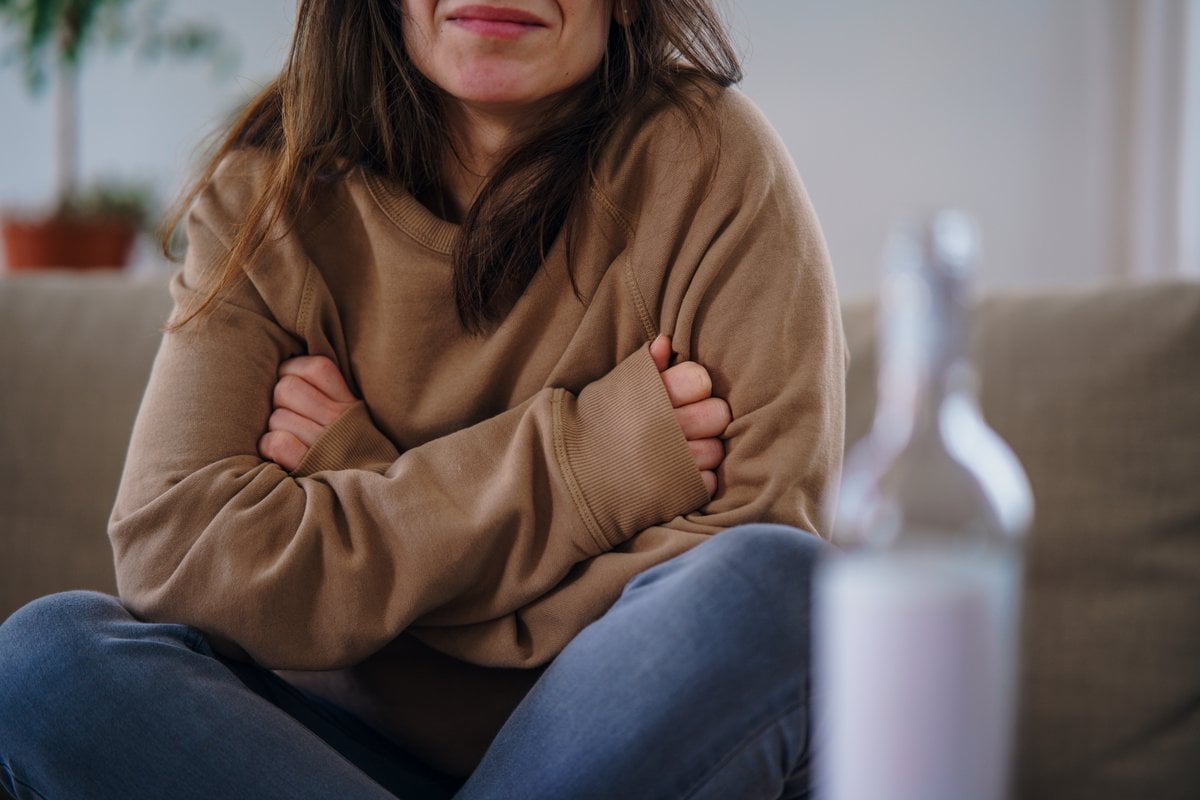
The author of this story is known to Mamamia but has chosen to remain anonymous for privacy reasons.
Content warning: This story includes graphic depictions of violence that may be distressing to some readers.
The first time my daughter pushed me, I was surprised by her strength and her aggression. When she held my bedroom door shut, trapping me until I managed to talk my way out, I felt vulnerable. And when she began to scream abuse in my face telling me to die, I was numb with shock.
Family violence is ugly, and I never thought it would happen to me or that my daughter would be my abuser. I never dreamed I’d have to document my injuries or call the police to protect me from my child. But one day I did, and it was horrible.
Watch: Even if they aren't physically violent with you, they could still be abusing you through. Story continues after video.
My daughter is 14 years old. School bullies and COVID lockdowns pushed her into a place of isolation, depression, and fear. She self-harmed, wore long sleeves to cover the cut marks, pulled out her hair, ran away from school and suffered insomnia and anger outbursts.
I sought professional help and medication for her anxiety. I spent sleepless nights talking her out of harming herself or driving her to Emergency only to be turned away without anyone seeing her. I would sit with her through panic attacks so bad she would almost pass out.

Top Comments